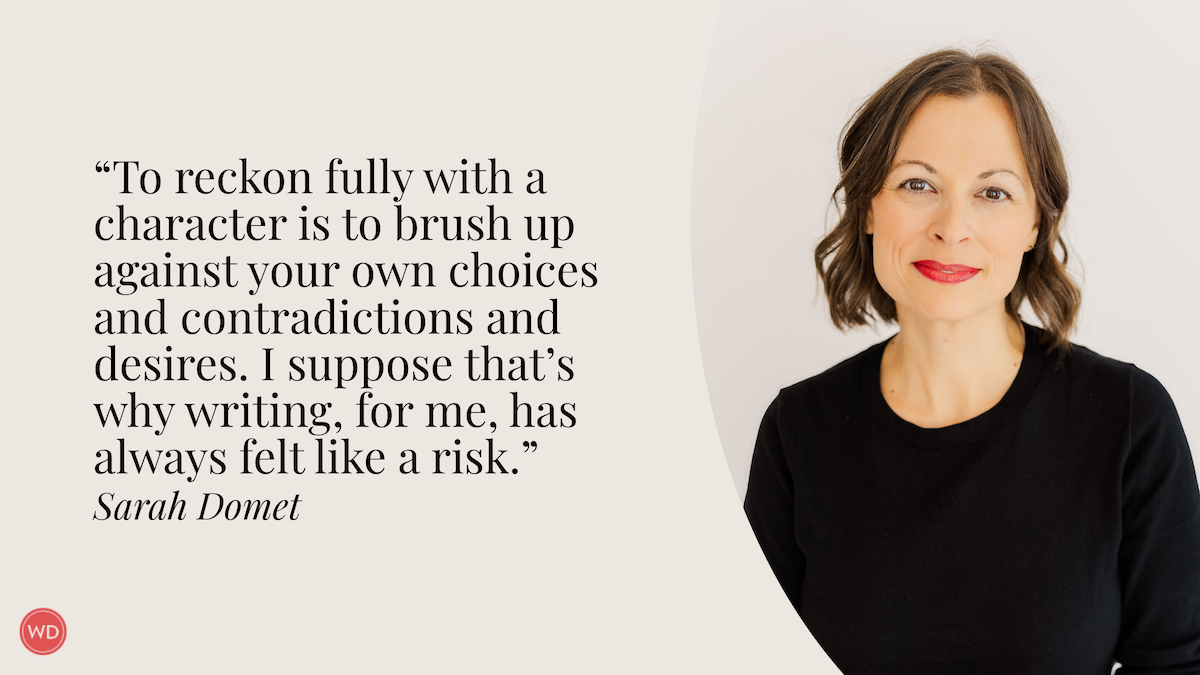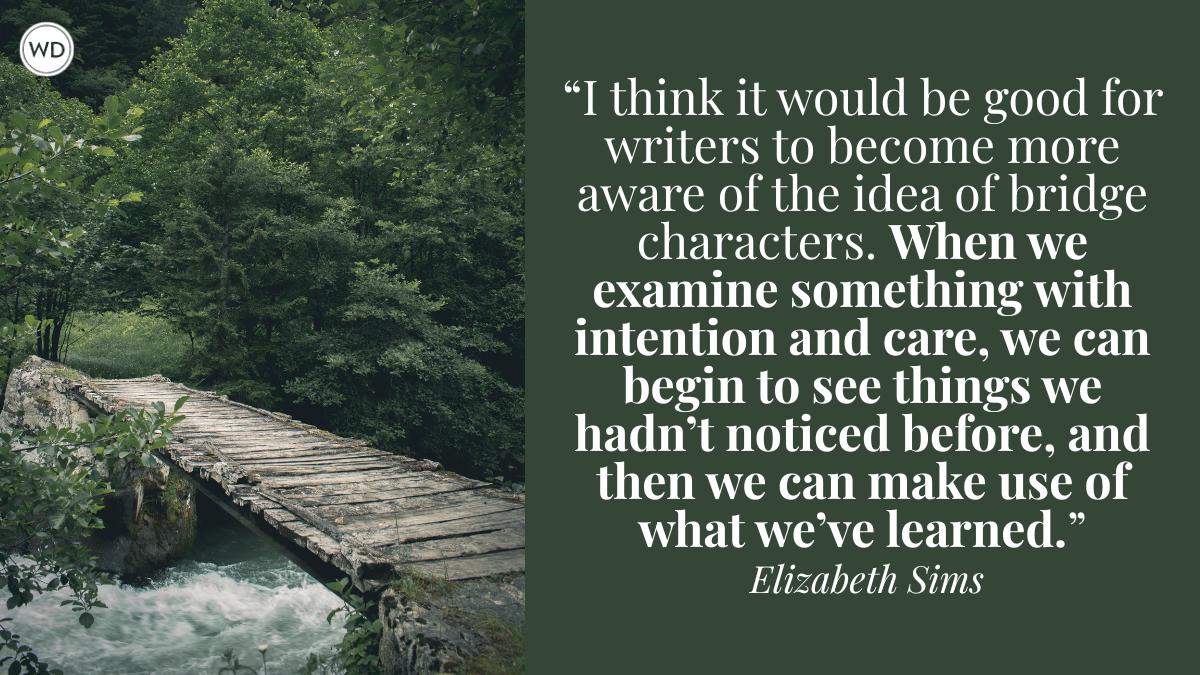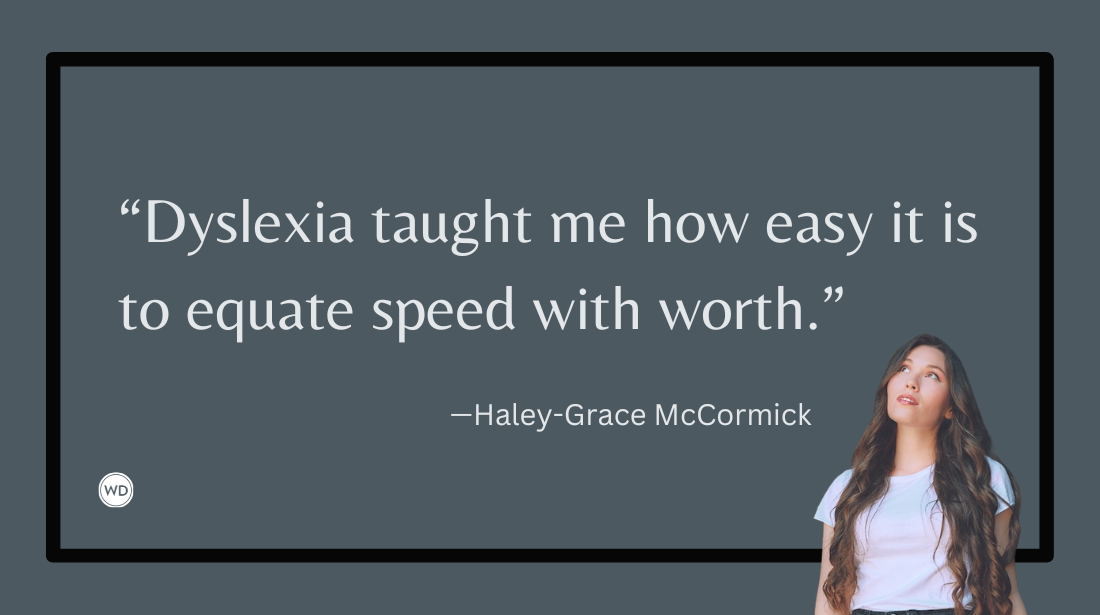Julie Berry: Revision Is a Writer’s Most Potent Weapon
In this interview, author Julie Berry discusses her hopes for readers with her new YA fantasy, If Looks Could Kill.
Julie Berry is the New York Times bestselling author of the 2020 NCTE Walden Award and SCBWI Golden Kite Award winner Lovely War, the 2017 Printz Honor and Los Angeles Times Book Prize–shortlisted The Passion of Dolssa, the Carnegie Medal– and Edgar Award–shortlisted All the Truth That’s in Me, the Odyssey Honor The Scandalous Sisterhood of Prickwillow Place, and the Wishes and Wellingtons trilogy. Her picture books include The Night Frolic, Happy Right Now, and Cranky Right Now. Julie holds a BS from Rensselaer Polytechnic Institute in communication and an MFA from Vermont College of the Fine Arts. Julie lives in western New York, where she owns Author’s Note, an independent bookstore.
In this interview, Julie discusses her hopes for readers with her new YA fantasy, If Looks Could Kill, her advice for other writers, and more.
Name: Julie Berry
Book title: If Looks Could Kill
Publisher: Simon & Schuster Books for Young Readers
Release date: September 16, 2025
Genre/category: Young adult fantasy
Previous titles: Lovely War; The Passion of Dolssa; All the Truth That’s in Me; and more.
Elevator pitch: If Looks Could Kill sends Medusa stalking Jack the Ripper (and vice versa) on the murky streets of East London and then in the vice-ridden Gilded Age Bowery. It’s a clash of the titans pitting mythology’s most notorious monster against history’s most notorious murderer.
What prompted you to write this book?
I experimented with many concepts and abortive beginnings to try to decide what my next YA/crossover novel should be after Lovely War. In the end it was the call of myth (or the Cry for Myth, to quote Rollo May’s title) that steered me in the direction of a story centering around Medusa. When I chose the setting of the Gilded Age Bowery, it didn’t take long to stumble upon the fact that a credible suspect in the Jack the Ripper investigations passed through the Bowery. The story opportunity this afforded was too rich to pass up.
How long did it take to go from idea to publication? And did the idea change during the process?
In the middle of writing If Looks Could Kill, I bought, renovated, and reopened an independent bookstore in my hometown (now called Author’s Note), so my work on this project met with unavoidable starts and stops. Throw a cross-country move and the COVID pandemic into the mix, and you have most of my excuse for why it took me about five years to take this project from concept to completion. Oof. The idea evolved many times—or rather, it coalesced iteratively. At the start, all I knew was that I wanted to write a Medusa novel. I began with all sorts of scenes and chapters set in ancient Greece, exploring Medusa’s origin story, which has many intriguing facets, but in the end, I moved away from all that, to a Medusa showing up in a (relatively) recent setting–1888.
Were there any surprises or learning moments in the publishing process for this title?
I wrote If Looks Could Kill under the expert guidance of my longtime YA editor, Kendra Levin, with whom I share a deep well of history and trust. This helps me feel creatively safe and able to take risks, start over, and persevere until together, we feel ready to present the story to the world. I hope our history also helps her give needed feedback frankly and without fear. I rely on her judgment and her integrity. We churn through a lot of drafts together, so I’m also indebted to her work ethic and stamina. I was certainly surprised when I saw the gorgeous cover Lizzy Bromley at Simon & Schuster put together with an original illustration by Tim McDonagh, and there have been dozens of happy surprises in the process of working with the entire team at S&S who have shown such enthusiasm for this project.
Were there any surprises in the writing process for this book?
I write books for the same reason we read them—to find out what happens next. I never know, going into a story, how it will end, nor even what the plot will likely entail. This makes the entire process an exploration of uncharted territory, and a string of surprises. To me, writing is participatory reading. Writing asks me to do more responding, feeling, analyzing, and predicting than reading someone else’s novel would, but these are nevertheless the jobs of any alert reader. Writing a novel, in other words, is just me reading that book a bit harder.
This philosophy informs how I read. When I finish a book, I critique it as I would my own manuscript. I consider what I enjoyed or appreciated, and what didn’t work for me, and then I ask myself, how would I fix its problems? What dials would I twiddle; what would I change? Revision is a writer’s most potent weapon. I find it both instructive and liberating to realize I can mentally revise anything, which means I can transform most of the books I read into satisfying experiences.
What do you hope readers will get out of your book?
I hope readers will get a book hangover in the morning because they stayed up way past bedtime, unable to put this book down. That’s always the bar I’m aiming for.
If ideas in the story speak to readers in other ways, great, but I’ve never understood why we look down our noses at a work of fiction’s entertainment value. In any case, theme has its weight in direct proportion to a story’s engrossing appeal.
Many of the deepest happinesses I’ve found in life have come through the transportive pages of someone else’s books. So, I find it an extraordinary privilege to be an entertainer. If I can take you out of yourself for a few hours, I’m honored. Life is a lifetime sentence; my job is to supply you with a temporary escape and be the driver of your getaway car.
If you could share one piece of advice with other writers, what would it be?
Write the book you’d really like to read, and write it as you, in your words, with your voice. We have one unique thing to offer the world, and only one. That’s us–our specific, individual brains which have been observing the world through our specific, individual experiences, and have developed their own specific, individual ways of describing what they witnessed and how it made them feel. That’s it. That’s all we’ve got. Us. It’s more than enough to write a lifetime of literature. And that’s what the world craves most in a narrative: authenticity. So, why ever waste time trying to write like a carbon copy of someone else?
This is not to say that writers can’t improve with time and practice, with study and even deliberate imitation as an exercise, but that improvement should ultimately make you write more like yourself—more like what’s irreducibly you about you, not more like other people.








